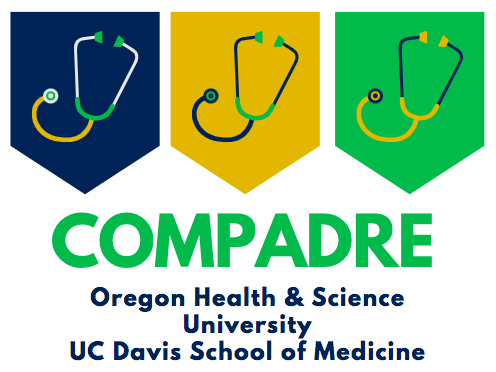Residents
By reimagining residency, we expect to generate robust conditions that will not only prepare residents with the necessary competencies to practice in urban, rural, and tribal underserved areas, while also encouraging them to eventually practice in the communities where they trained.
Customized Clinical Learning
Based on educational handoffs – which includes an individual’s strengths and challenges – program directors will customize each incoming resident’s own Individual Learning Program (ILP) with the experiences and curricula to best suit their educational needs and allow them to address any identified deficiencies.
Educational handoffs that include each incoming resident’s strengths and challenges, are provided to the GME program director. This allows the program director to customize a residents’ experiences and curricula to best suit their educational needs and allow them to address any identified deficiencies
Residents are assigned a continuity patient panel under supervision by an attending physician. Thus, residents can learn how to provide continuity of care for patients with chronic conditions and diseases. COMPADRE medical students are also assigned to work alongside residents in clinic.
As part of their practice-based learning, residents take on a Quality Improvement (QI) project where they employ data to measure and analyze practice performance toward improving performance outcomes. This is an important skill required by the Accreditation Council of Graduate Medical Education (ACGME).
Community-Engaged Learning
Residents have the opportunity to engage with the local communities. We strongly believe that connecting with people one-on-one cultivates cultural humility. Learners will develop reciprocal meaningful relationships where they can gain from the community while also giving back.
To help ease their transition into the site–and eventually into practice–Community Coaches will provide advice and mentoring, and help learners connect to other community members and resources.
By bolstering these relationships to the community and learning in a team-based training, we hope to decrease isolation and prevent burnout.
Wellness
We understand the hardships that many learners undergo during residency. Unfortunately, residents often report feeling isolated, lonely, depressed, and burned-out. Residents will be partnered with faculty and community coaches who will cultivate reflective practice and lifelong learning, enhancing self-awareness and resilience. In addition, by participating in COMPADRE, residents benefit from the available wellness plans that follow current best practices.
COMPADRE will establish trainee wellness as a key quality indicator by administering the Mayo Well Being Index (MWBI), Perceived Cohesion Scale (PCS), and the Mindful Self-Care Scale (MSCS) to all participants, which measure burnout.
We believe that learning in collaborative and immersive settings are not only rich ways of learning but can also enhance learners’ wellness. We encourage community development and cohesion to minimize isolation while enhancing belonging.
COMPADRE residents can benefit from being enveloped in wellness innovation at multiple levels (individual, program, and systems). Our wellness initiatives follow current research and best practices.

